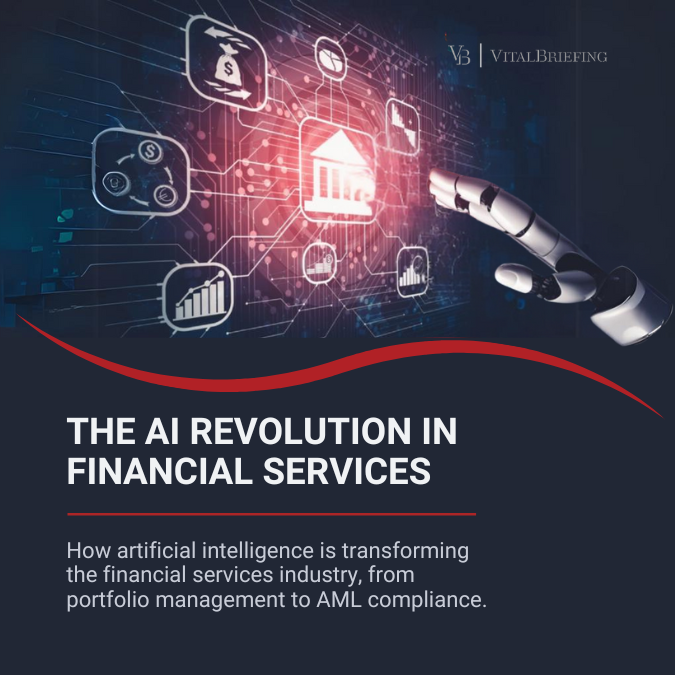At the LHoFT, we strongly believe that financial technology is crucial to advancing financial inclusion, empowering groups that have been left behind by the traditional financial system. Whether it’s financing for rural farmers, point of sale technology for underbanked merchants, or specialised insurance products, the positive impact being driven by entrepreneurship is improving lives around the world.
Building on the success of previous experience, CATAPULT: Inclusion Africa is a unique one week program of Fintech startup development built by the LHoFT Foundation, targeting African Fintech companies, focusing on creating bridges between Africa and Europe and aligned with the sustainability goals of Luxembourg’s finance centre.
As we progress through the program we will be sharing insight from the strategic partners that have sponsored and contributed to the value of the program, including Mr. Romain Schneider, Minister for Development Cooperation and Humanitarian Affairs.
“Through its striving fintech sector, Luxembourg has a lot to offer in this area. Therefore, exchanges between the LHoFT and the broader microfinance ecosystem with upcoming African financial technology companies can facilitate positive and inclusive change.”
– Romain Schneider
Can you explain what are the main missions of Ministry of Foreign & European Affairs – Directorate for Development and Humanitarian Affairs in the field of inclusive finance?
Through Luxembourg’s Development Cooperation, we want to ensure that the most vulnerable populations, typically cut off from formal financial services, have access to basic financial services, including insurance mechanisms, to enable their active participation in a sustainable economic environment and improve their livelihoods.
Luxembourg’s development cooperation programme is firmly committed to ending poverty, especially in the Least Developed Countries. What are the main components of this programme, and how are they related to Financial Inclusion?
The main objective of Luxembourg’s development cooperation is indeed to contribute to the eradication of extreme poverty and the promotion of economic, social and environmental sustainability.
We aim, in particular, at ensuring a minimum level of livelihood, in a rights-based environment, and creating equal opportunities for all, particularly for the most vulnerable and unprivileged, so everyone can actively determine the course of their own lives.
To contribute to the eradication of extreme poverty in a sustainable development framework, we concentrate on four interrelated thematic priorities:
- Access to quality basic social services
- Socio-economic integration of women and youth
- Inclusive and sustainable growth
- Inclusive governance
As you will have recognized, financial inclusion is especially relevant for the promotion of inclusive and sustainable growth, as it can, for example, promote youth entrepreneurship. However, as microfinance relates to access to finance, it is linked to most of the UN’s Sustainable Development Goals.

The CATAPULT: Inclusion Africa founders at the programs introductory session
What steps have been taken toward the goal of meeting the 2030 Sustainable Development Goal?
Through our action, and by investing 1% of our GNI yearly in development cooperation, we make technical assistance available, and we provide access to the expertise and investments of Luxembourg’s well recognized financial center.
Luxembourg has indeed grown to become a key centre of excellence for inclusive finance. Today, about one third of the microfinance investment vehicles are based in Luxembourg, representing more than 60% of the assets under management of micro-finance investment vehicles (MIVS) world-wide.
These funds are primarily invested in developing countries and thus represent a considerable amount of foreign direct investment for the countries of the South. I believe that this is a good example of the leverage that private funds can have to promote sustainable development worldwide.
What advice would you offer to Fintech companies looking to increase Financial Inclusion, and build bridges between Africa and Europe ?
The African continent and its fintech companies have, during the past years, already showcased how technological innovation can be appropriated to reach the still financially excluded segments of the population. As fintech startups aim at growing their business, my advice would be to make sure that the needs of the financially excluded are well understood, by listening to them, which will allow fintechs to develop valuable, accessible, reliable and affordable digital financial services.

CGAP presenting at CATAPULT: Inclusion Africa
What outcomes do you expect out of CATAPULT program?
We decided to support the program, as it provides an opportunity to link the striving fintech sector in Africa to their equally active counterparts in Luxembourg.
The word cooperation is very relevant in this context: while African fintech startups have a lot of substance to exchange among each other, the inclusive finance and fintech actors from Luxembourg can benefit from these experiences, and gain a better understanding of the innovations from Africa.
On the other hand, the linkages that African startups can create with key actors from Luxembourg, like the LHoFT’s fintechs, ADA, the University, the Inclusive Finance Network and others, will help them to better situate their intervention within the broader inclusive finance sector, gain access to our expertise and to create essential links to Europe’s foremost center for microfinance.

